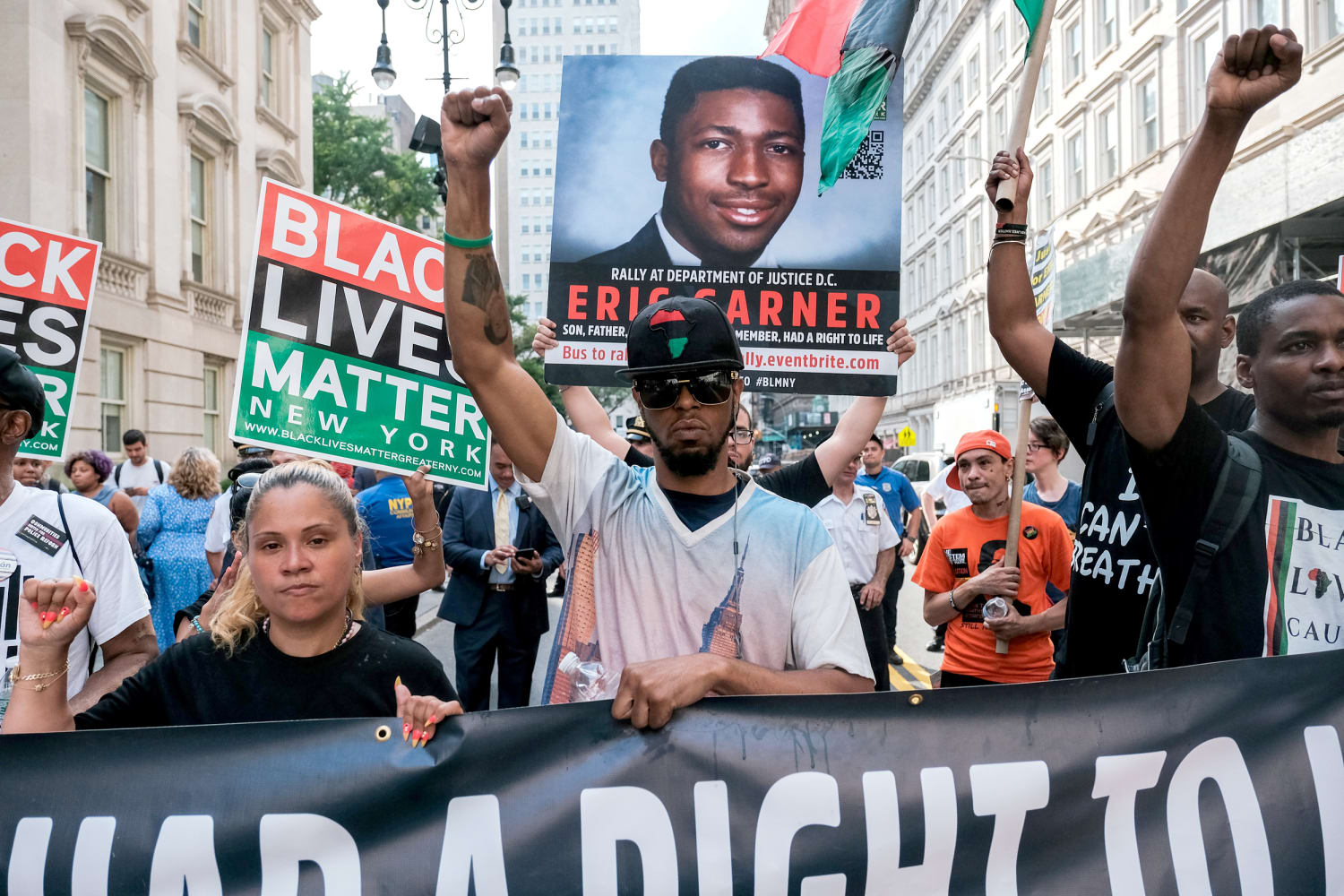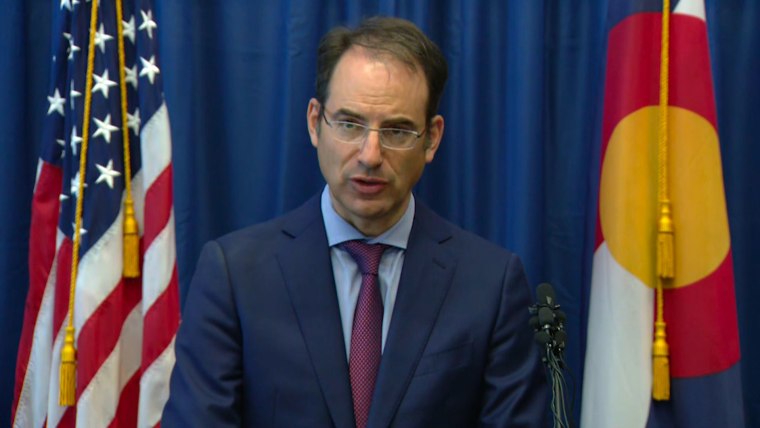WASHINGTON — The Justice Department on Tuesday announced new limits on chokeholds and no-knock warrants, but stopped short of banning the controversial law enforcement tactics that critics say have led to unnecessary deaths.
Under the new policy, the department’s law enforcement components, including the FBI, the Drug Enforcement Administration and the U.S. Marshals Service, are prohibited from using the tactics except when they believe doing so would save them from death or serious injury.
The policy bars “chokeholds” and “carotid restraints” by law enforcement agents unless they are in a situation that calls for deadly force, defined as “when the officer has a reasonable belief that the subject of such force poses an imminent danger of death or serious physical injury to the officer or to another person.”
The policy also limits the use of “no-knock” entries in connection with the execution of a warrant to situations where an agent “has reasonable grounds to believe that knocking and announcing the agent’s presence would create an imminent threat of physical violence to the agent and/or another person.”
That standard is stricter than what is permitted by law, the Justice Department said.
“Building trust and confidence between law enforcement and the public we serve is central to our mission at the Justice Department,” Attorney General Merrick Garland said in a statement. “The limitations implemented today on the use of ‘chokeholds,’ ‘carotid restraints’ and ‘no-knock’ warrants, combined with our recent expansion of body-worn cameras to DOJ’s federal agents, are among the important steps the department is taking to improve law enforcement safety and accountability.”
In a policy memo, the Justice Department notes that “the use of certain physical restraint techniques — namely chokeholds and carotid restraints — by some law enforcement agencies to incapacitate a resisting suspect has too often led to tragedy.”
The debate over chokeholds intensified after the 2014 death of Eric Garner, who died after New York Police Officer Daniel Pantaleo put him in a chokehold and helped compress his chest against the ground while arresting him on Staten Island on charges of selling loose cigarettes. Pantaleo was not charged criminally and was subsequently fired.
Similarly, attention focused on no-knock warrants after the fatal shooting of Breonna Taylor in her Kentucky home during a botched police raid last year.
Federal law requires officers in most circumstances to knock and announce their presence when serving a warrant on a private dwelling.
But the Supreme Court has held that “knock and announce” is not required when doing so would result in the threat of physical violence, destruction of evidence, or be futile.
“Because of the risk posed to both law enforcement and civilians during the execution of ‘no knock’ warrants, it is important that this authority be exercised only in the most compelling circumstances,” the DOJ’s policy memo says.
Source: | This article originally belongs to Nbcnews.com












